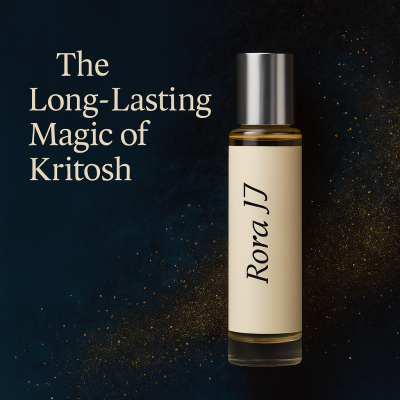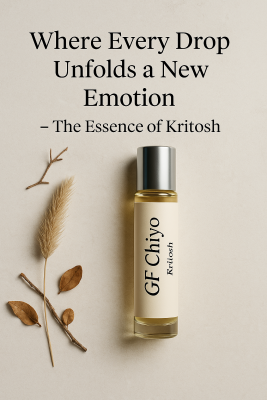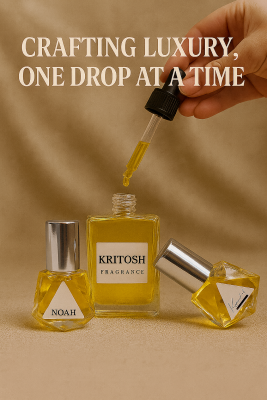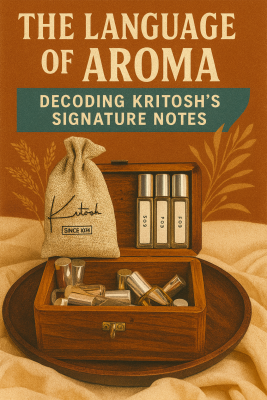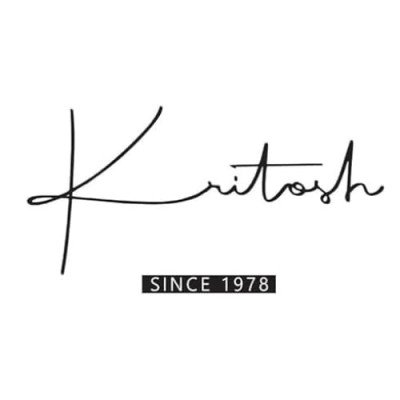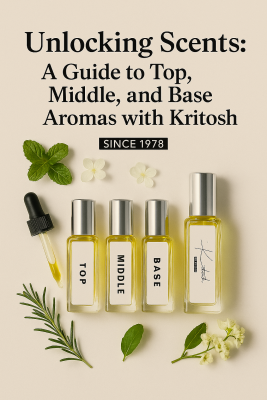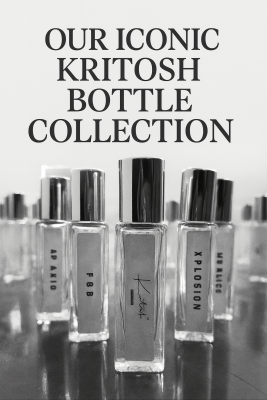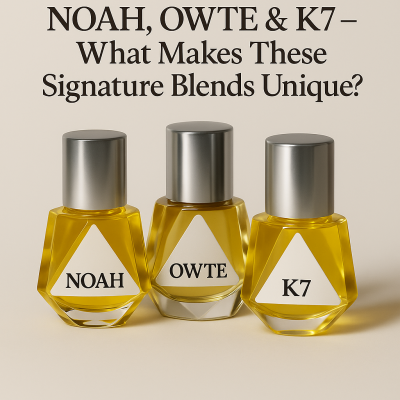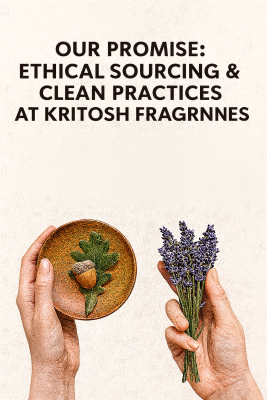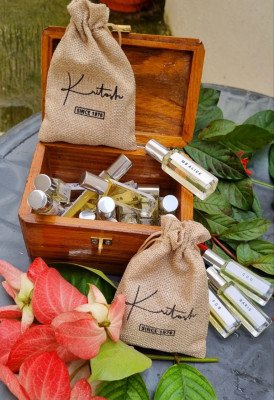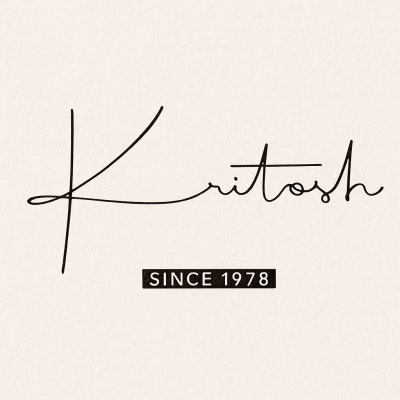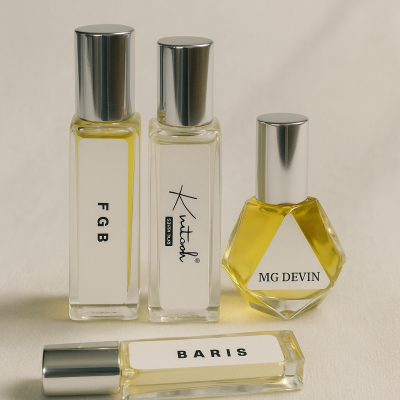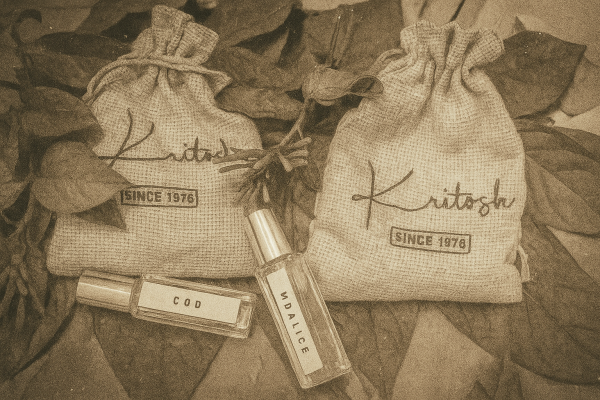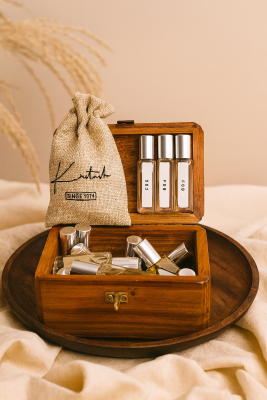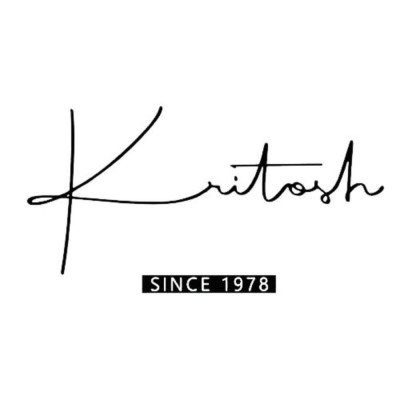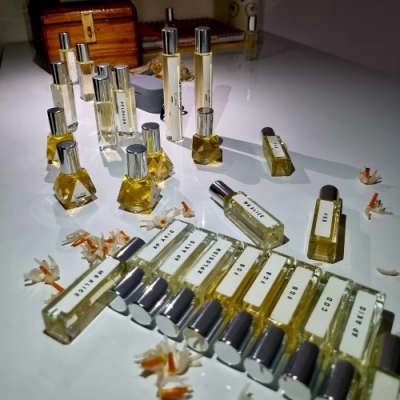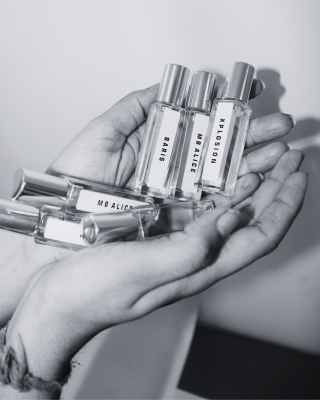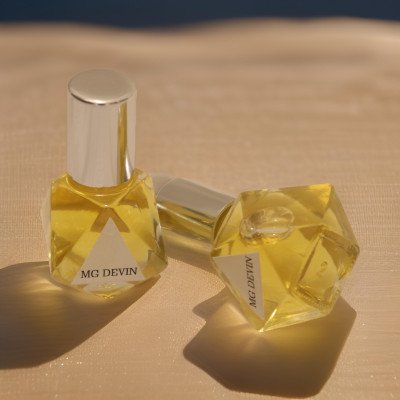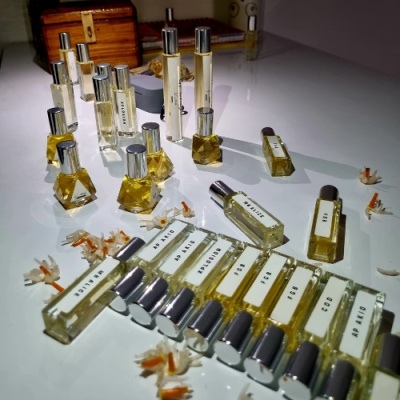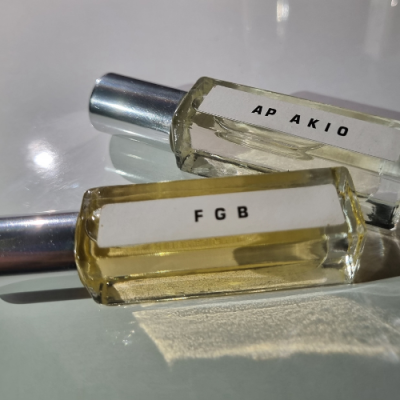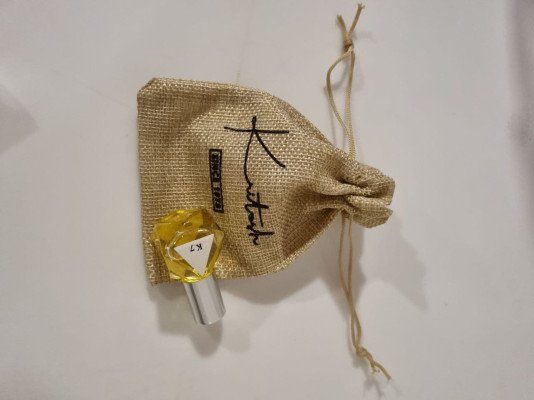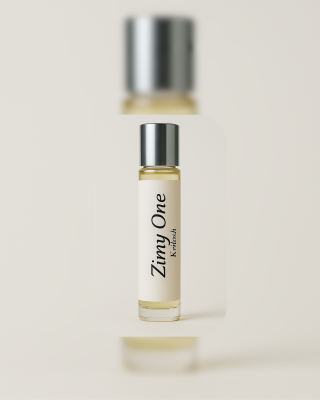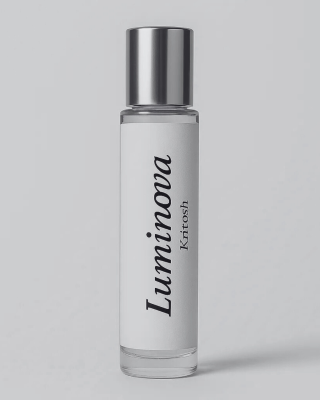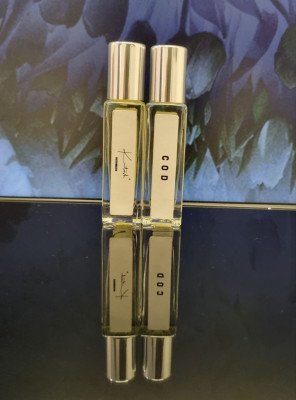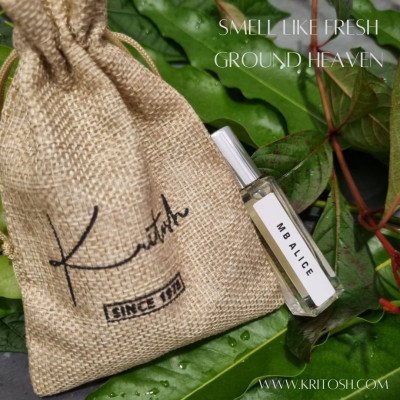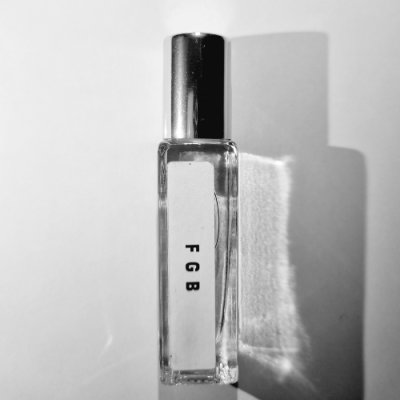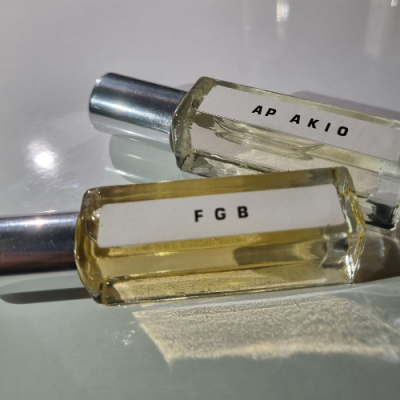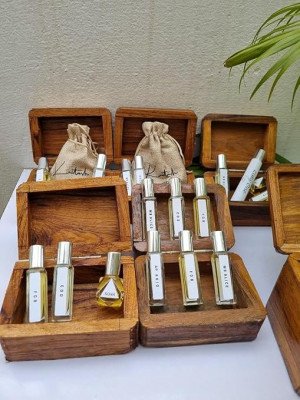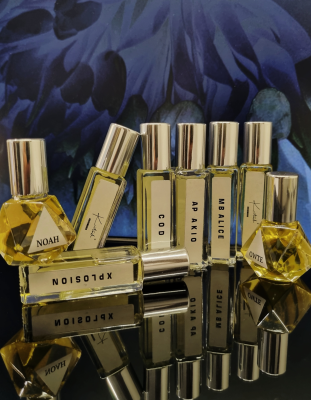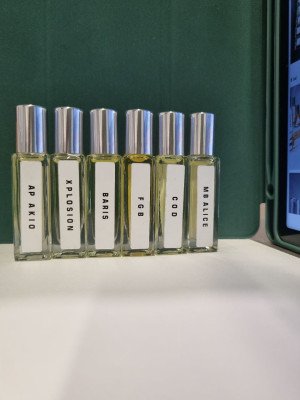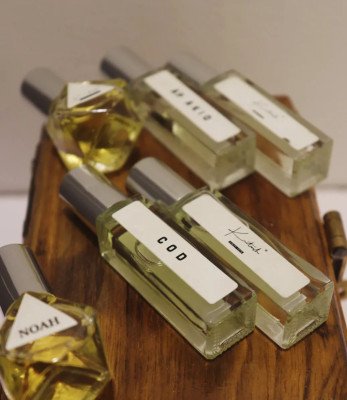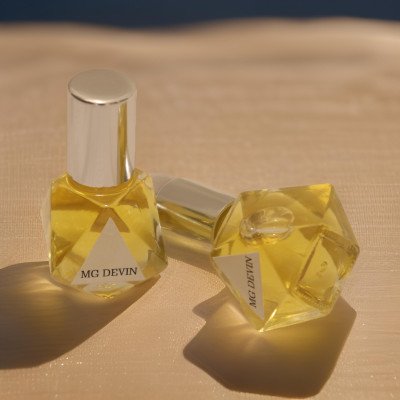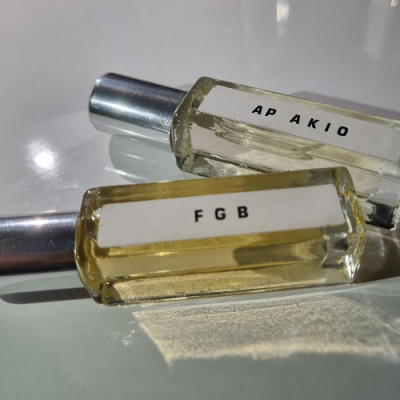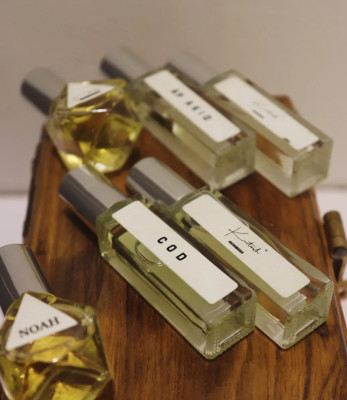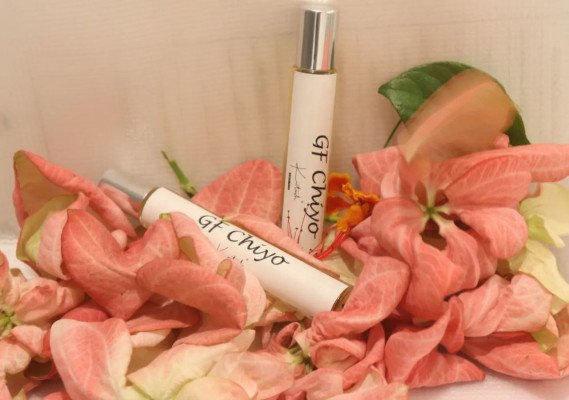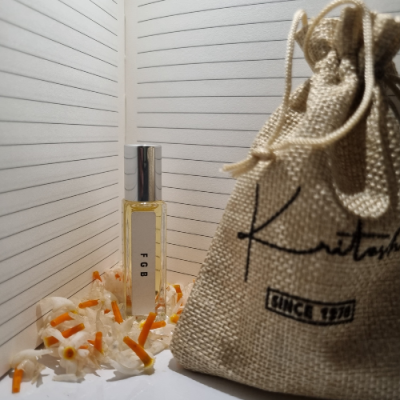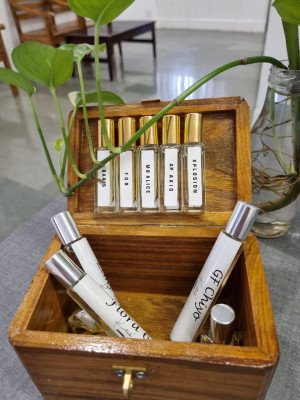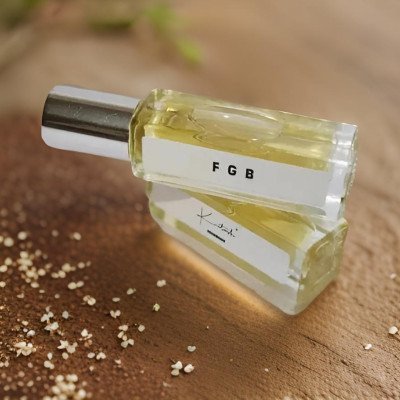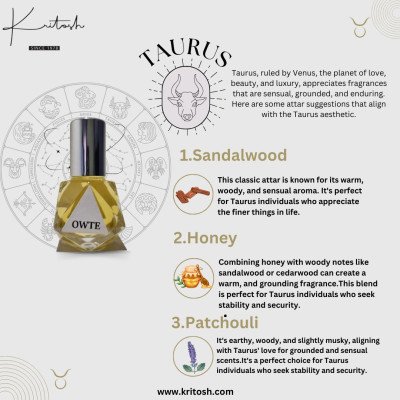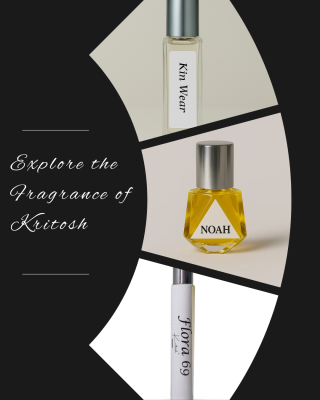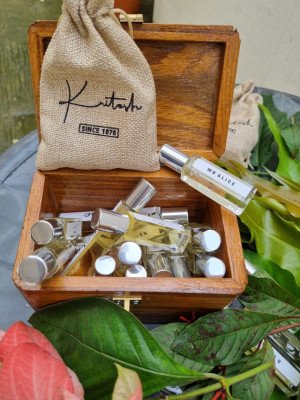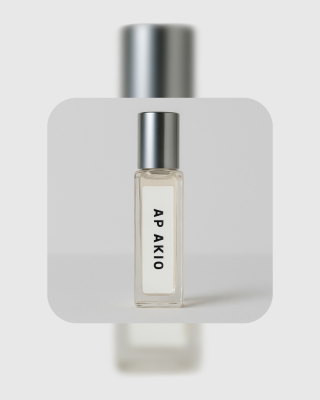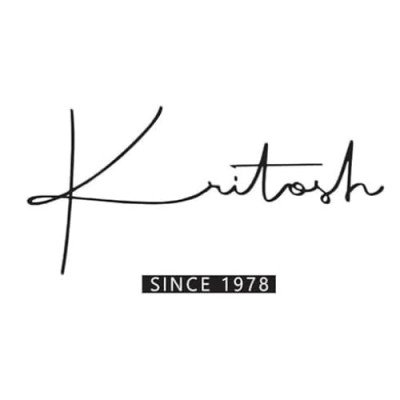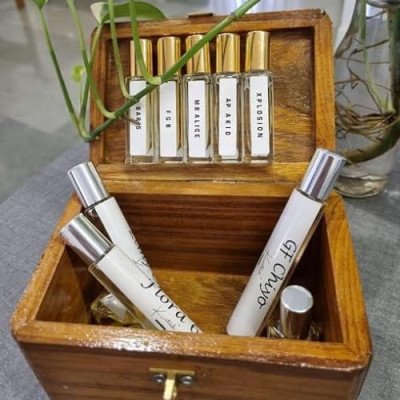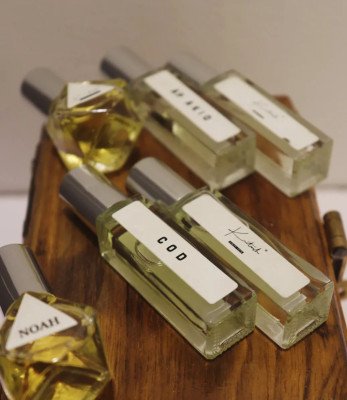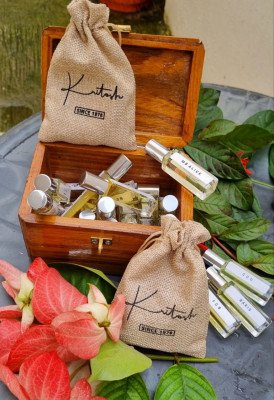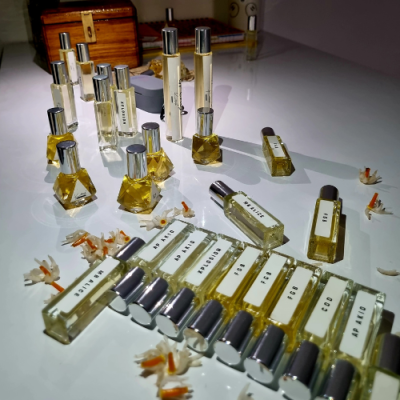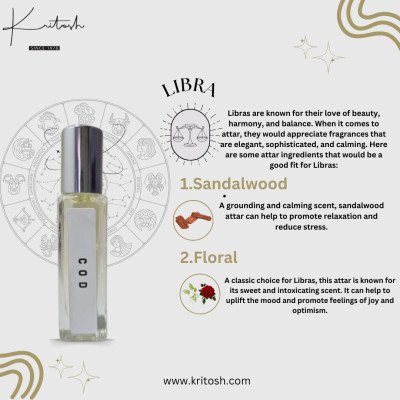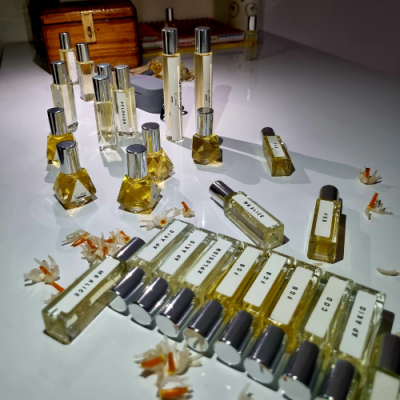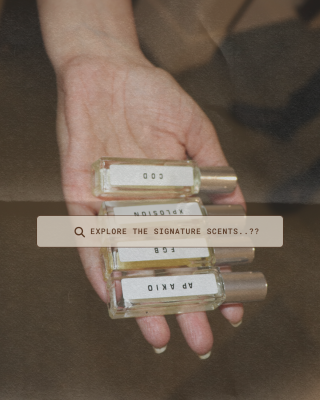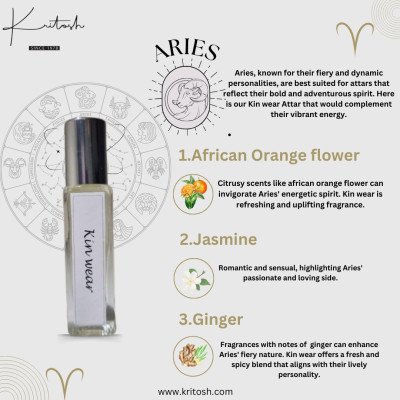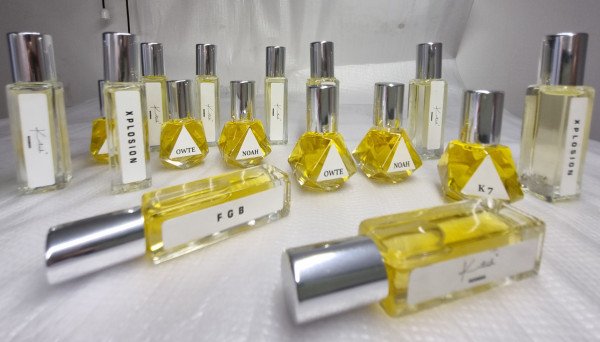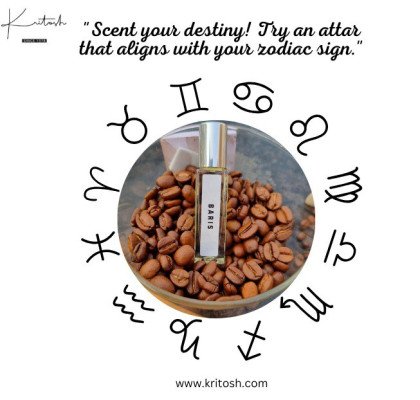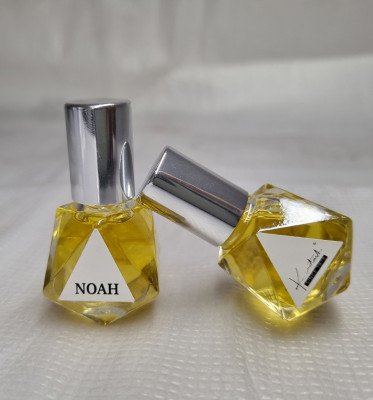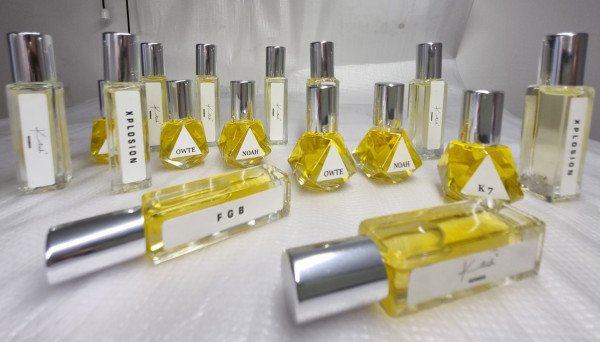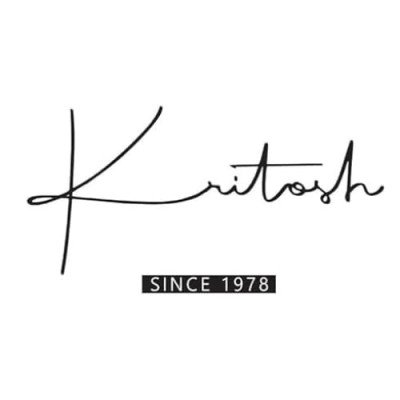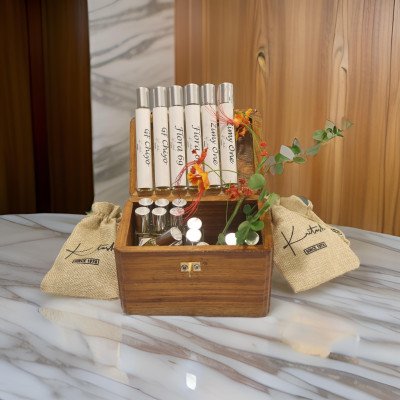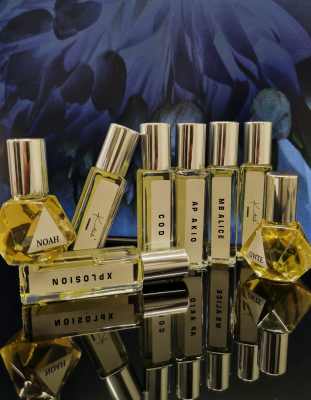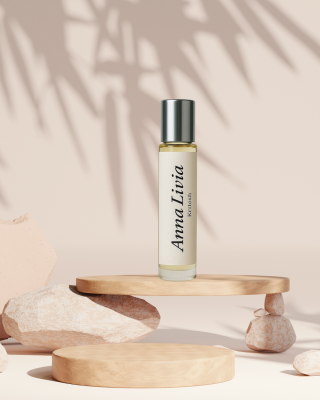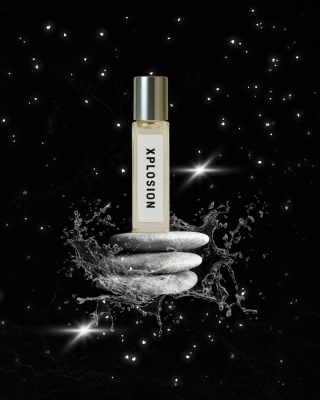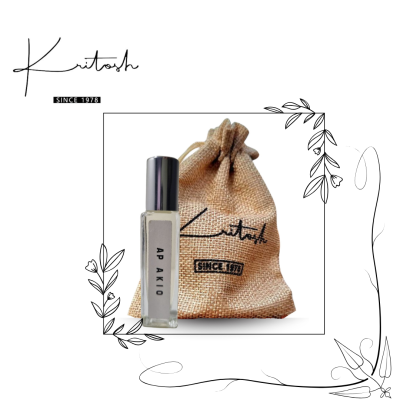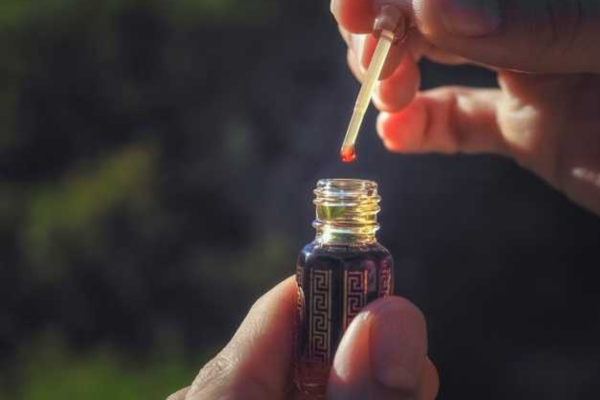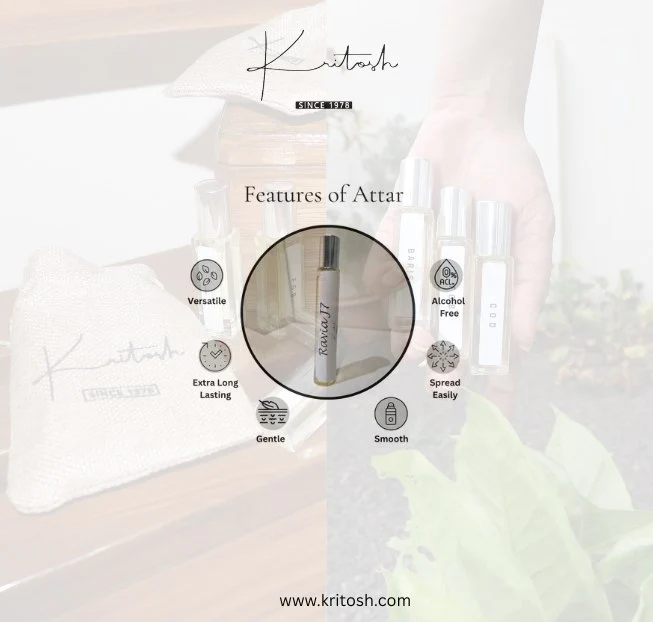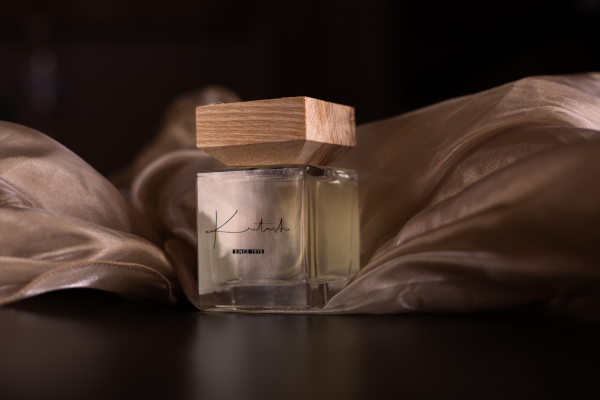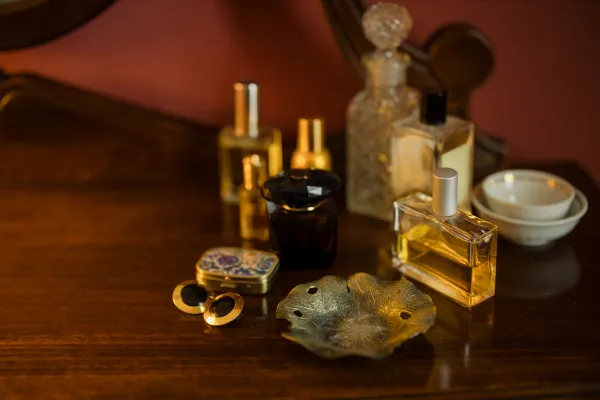In a world full of scents, finding your trademark scent is like discovering a wearable piece of your identity. Your distinctive scent is more than simply a fragrance; it's a personal statement, a reflection of your distinct personality, and a method to make a lasting impression. But how do you go about finding that one perfume that feels like it was created specifically for you? Here is a guide to help you find your trademark perfume.
1. Understand your preferences.
Before going into the world of scents, it's crucial to establish your natural preferences. Do you appreciate fresh, clean odors, or do you prefer deeper, more nuanced aromas?A excellent beginning point is to consider the smells you enjoy in your daily life. Do you like the smell of fresh cut grass, or do you like the warmth of vanilla and spices? Identifying these tastes can help you select the right fragrance family.
2. Explore the Fragrance Families.
Fragrances are commonly categorized into families based on their dominant notes. Below are some of the most prominent fragrance families:
Floral: The floral notes include rose, jasmine, and lily. These are generally feminine and romantic.
Citrus: Citrus is recognized by its fresh, acidic notes, including lemon, bergamot, and orange. These are colorful and energetic.
Woody: Includes earthy notes including sandalwood, cedar, and vetiver. These smells are often soothing and grounding.
Oriental: Rich and exotic, with hints of amber, vanilla, and spices. These are usually bold and seductive.
Fresh: Clean, crisp fragrances such as maritime notes, green leaves, and herbs. These are lightweight and refreshing. Exploring these families can help you determine what resonates with you.
3. Try Scents in Real Life.
Once you've identified the fragrance families that appeal to you, it's time to begin testing. Visit a store where you can try several perfumes. Begin by sniffing them on blotting sheets; however, keep in mind that a scent smells different on skin. Apply the scent to your wrist or inner elbow and let it grow for a few hours. Perfumes include layers, including top notes that are immediately evident, heart notes that appear after a few minutes, and base notes that last for hours. Before making a decision, make sure you enjoy the aroma at all phases.
4. Pay Attention to Your Skin Chemistry.
Your skin's unique chemistry influences how a scent smells on you. pH levels, body temperature, and even food can all influence how scent interacts with your skin. This is why a scent that smells great on someone else may not smell the same on you. When testing scents, place them on your skin and wear them for a few hours to notice how they change.
5. Consider your lifestyle.
Your trademark smell should fit your lifestyle and the places you visit. If you operate in a professional atmosphere, you may choose something modest and polished. If you live a more adventurous or creative lifestyle, you may be drawn to bolder, more distinctive perfumes. Consider whether you want a smell that can be used for any occasion or whether you prefer to have multiple fragrances for different moods or events.
6. Take your time.
Finding your signature perfume doesn't happen overnight. Patience and exploration are required in this process. Don't buy a fragrance based on one smell. Take your time trying out different scents, and don't be afraid to return to a favorite after a few days. Sometimes, the appropriate aroma has to develop on you.
7. Do not be afraid to mix and match.
If you're having difficulties finding the perfect aroma, try layering scents. Many current perfumes are meant to be mixed and combined, allowing you to create your own unique blend. Begin with a base perfume you enjoy, then add complementary elements to enhance it. This method can result in a fully individualized characteristic smell.
8. Think about the seasons.
Some perfumes are more appropriate for specific seasons. Lighter, lemony aromas are suitable for spring and summer, but heavier, stronger fragrances are best for fall and winter. Your trademark aroma may fluctuate with the seasons, which is entirely normal.Having a few go-to perfumes for different seasons might help keep things new and interesting.
9. Trust your instincts.
Finally, your unique smell should feel correct for you. While it's helpful to solicit feedback from friends or read reviews, the most crucial factor is how the smell makes you feel. Does it make you feel confident? Comfortable? Joyful? Trust your intuition and choose something that speaks to you, even if it's not what you expected.
10. Make it personal.
Your signature scent should be personal. Perhaps it reminds you of a favorite area, a treasured memory, or someone precious in your life. A fragrance with personal significance will always feel more unique and significant.
Conclusion: Finding your unique smell is a personal and gratifying experience. It's about finding a scent that not only smells great but also reflects who you are. Understanding your tastes, testing smells in real life, and trusting your intuition will help you select a perfume that seems like a natural extension of yourself. Enjoy the process, and don't be afraid to try until you find the right fit. Your signature fragrance is out there; happy searching!





